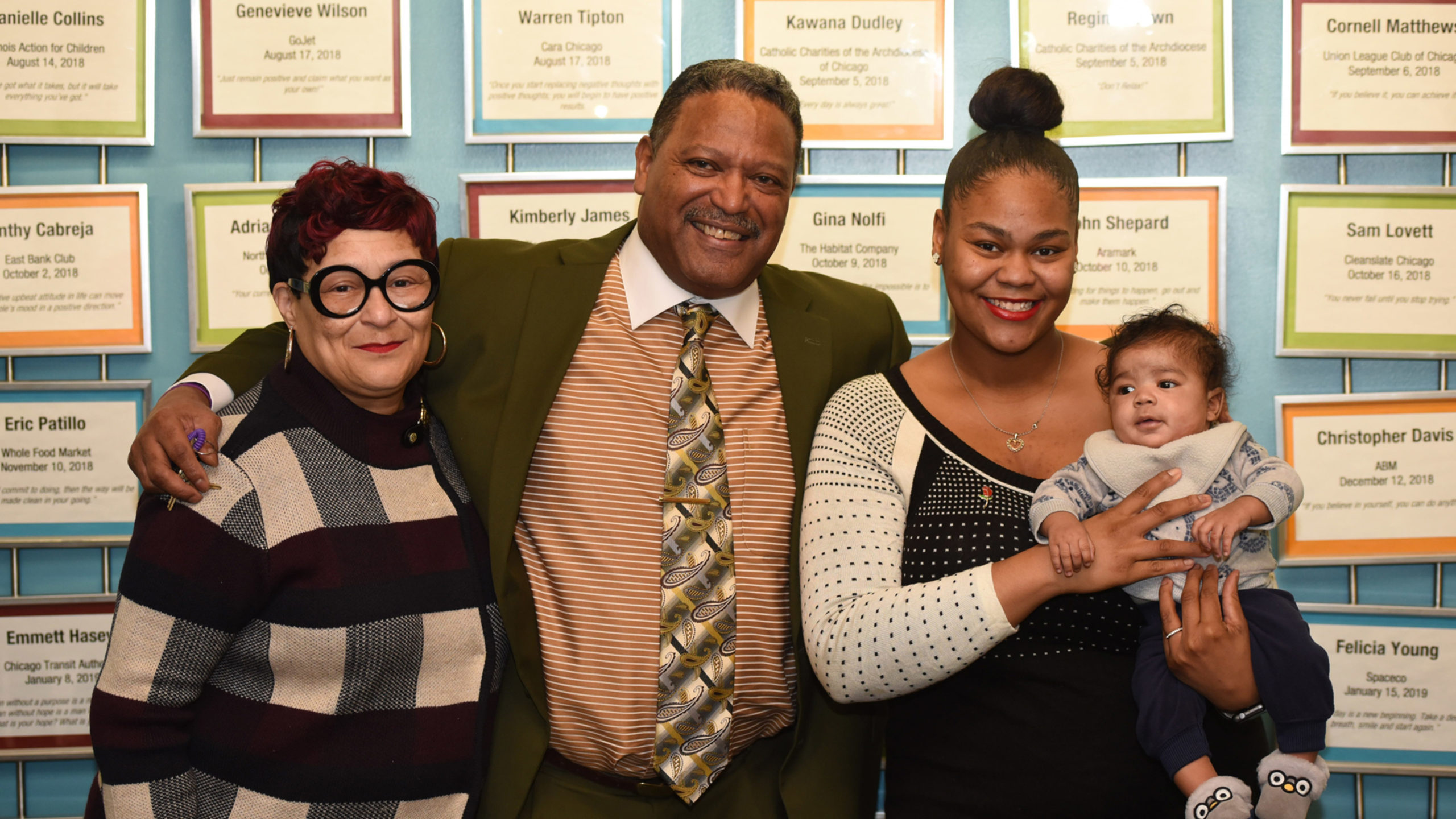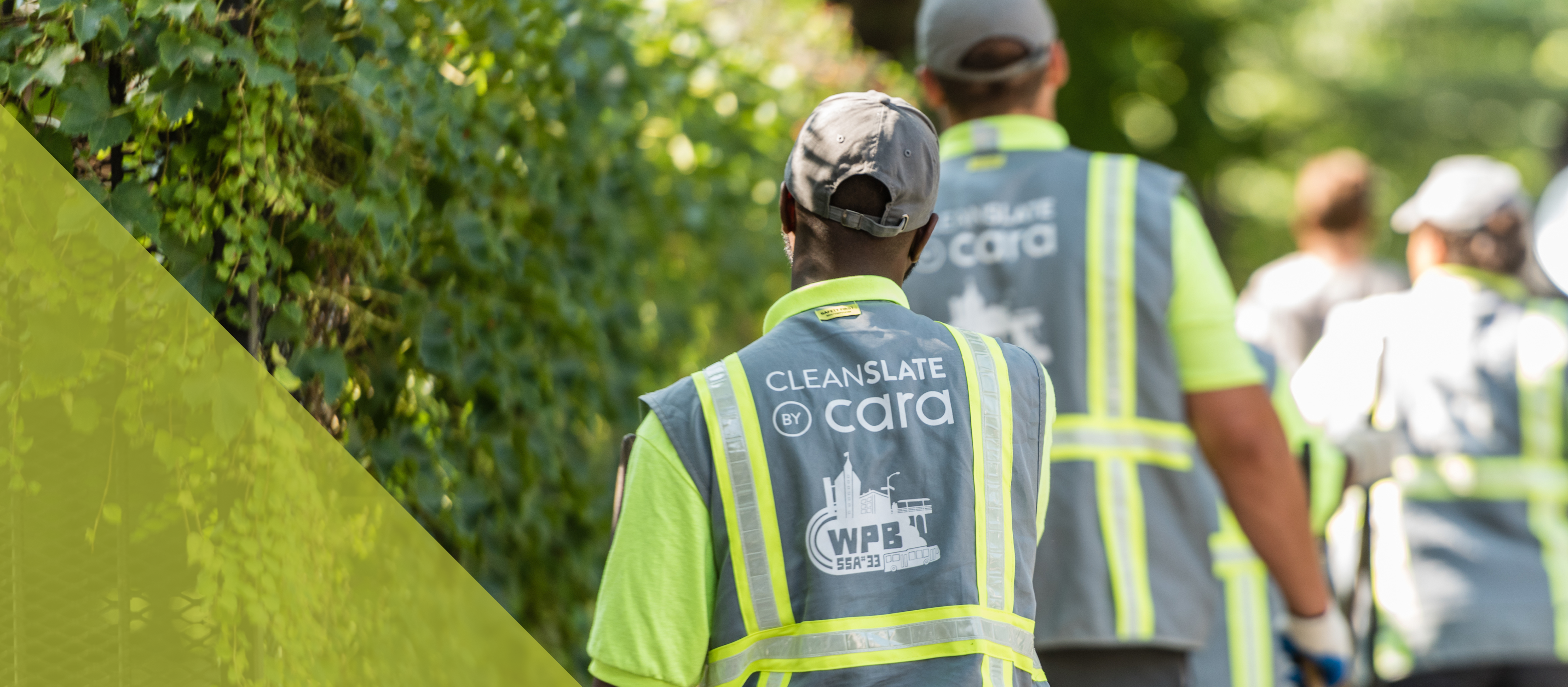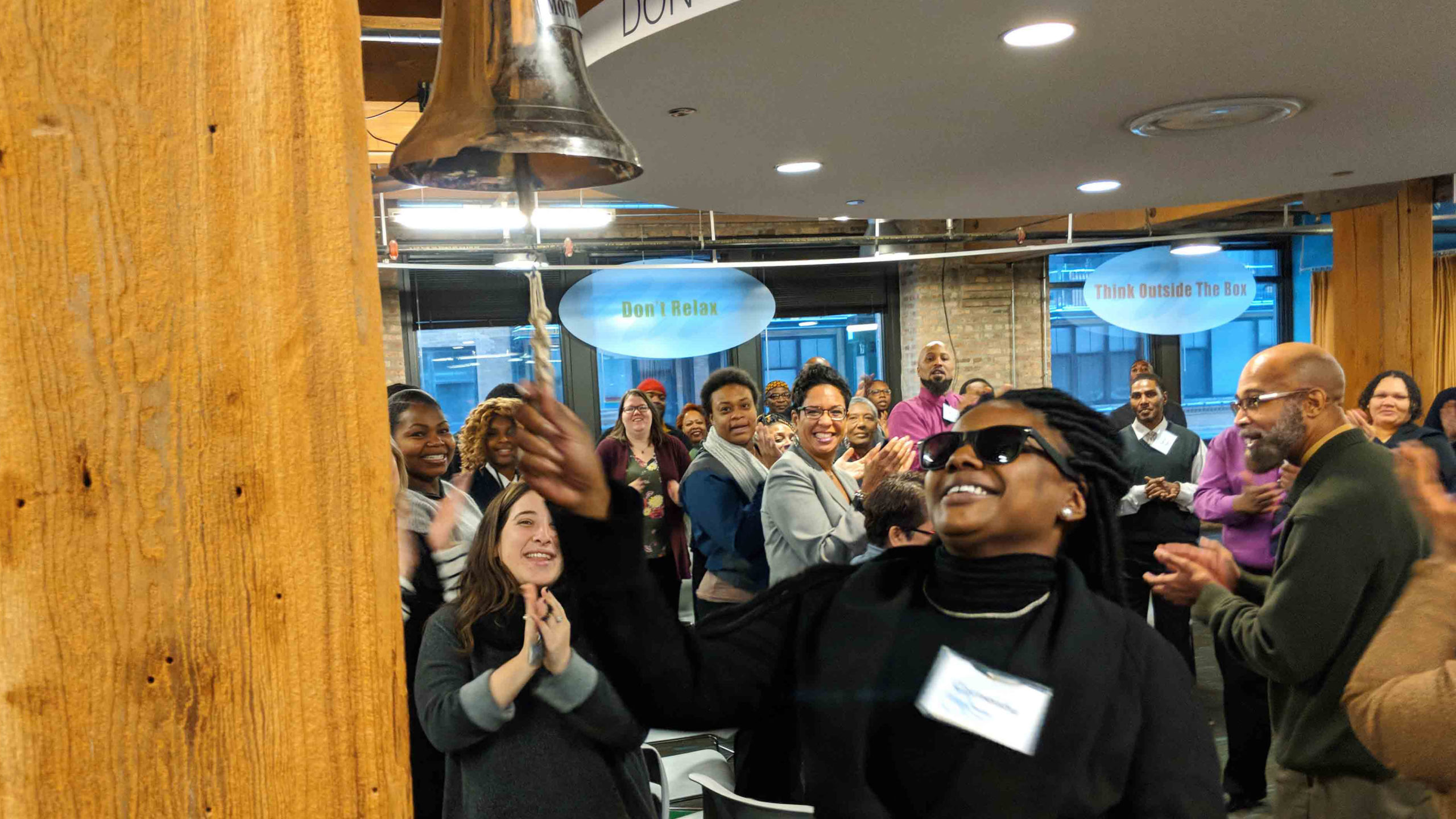Time Management: It’s About Making Lists – Just Not the Kind You Think
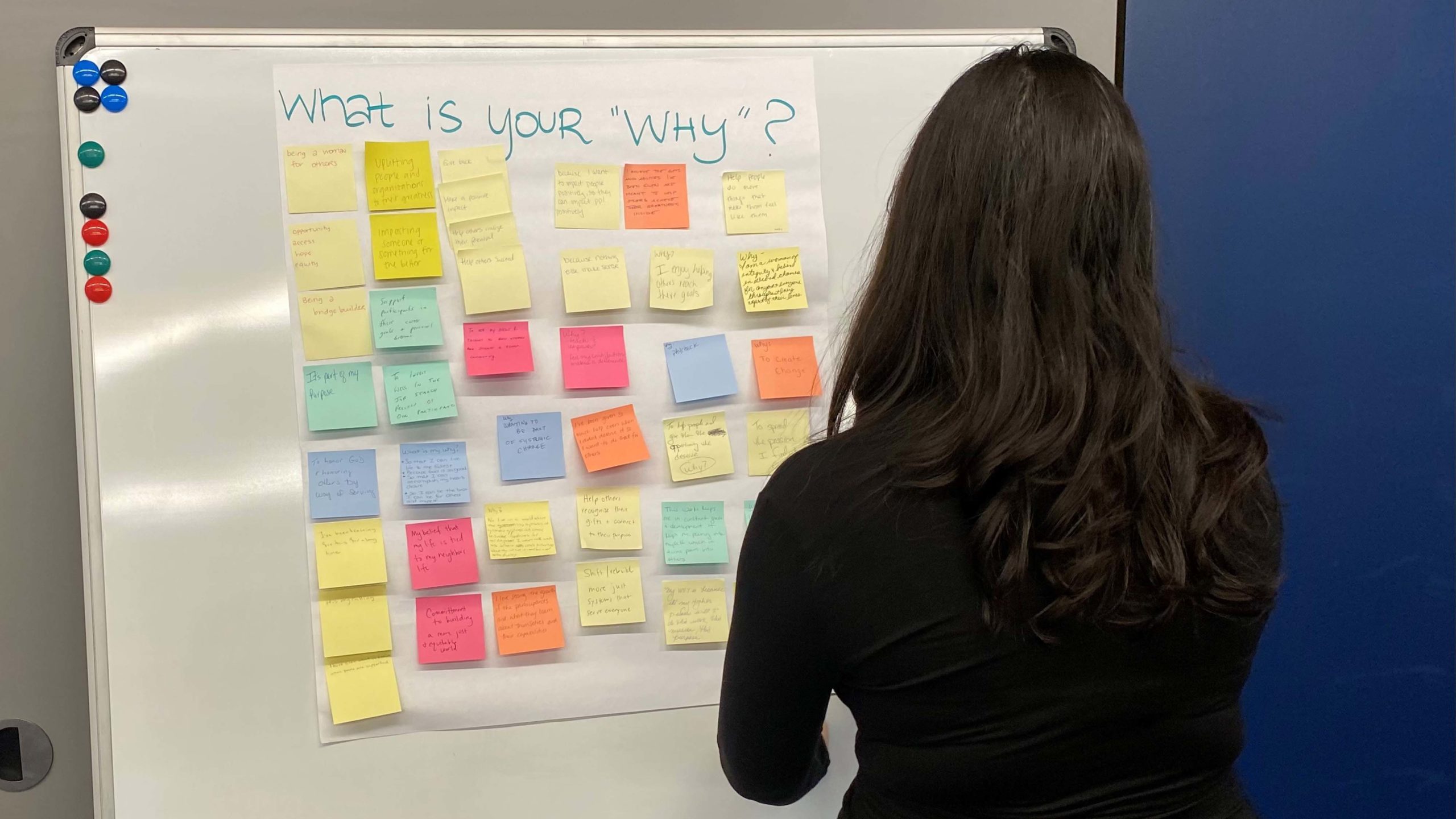
When you think of “time management”, do you picture a bunch of to-do lists, loud phone notifications, and post-it notes covering every surface? In a society of non-stop busyness, we’ve been wired to squeeze as many activities into our days as humanly possible. So, when Cara job seekers walk into our Time Management class, it’s no wonder they expect a discussion around the best calendars to use or ways to maximize their time.
“What makes you unhappy,” our Manager of Curriculum, Ms. Vicki Hudson-Stapleton, poses to the class. The room falls silent – slightly taken aback – wondering what happiness (or the lack thereof) has to do with time management. Ms. Vicki proceeds by handing out paper and pens and asking each member of the class to write a list of things that weigh them down.
For two minutes (that feel like two years), each person reflects on what makes them unhappy. “Heavy,” “discouraged,” “hopeless,” and “low” are a few of the responses shared after Ms. Vicki asks the class how they feel. The energy in the room dwindles until the instruction: “Now, I want you to write what makes you happy.”
This time, the same two minutes feel like a blink of an eye as everyone hurriedly scribbles their ideas, flipping over their piece of paper to make room for more thoughts before time is up. The shift in morale is palpable; no one hesitates to share that they are feeling emotions like “motivated,” “grateful,” and “loved.“
What does this exercise have to do with time management? Well, everything. Ms. Vicki teaches us that our ultimate happiness is why time management is so important. “What you spend time on in your life matters. We often have blinders on and keep walking down the same path, spending our years on things that don’t serve us.”
When you know what makes you happy, and conversely unhappy, your outlook on individual tasks completely changes. It pushes you to analyze the “why” behind your choices. For instance, meeting a deadline at work or grocery shopping for your family aren’t particularly enjoyable in the moment, but they are critical for a great career, a healthy future, and your overall happiness.
Ms. Vicki then asks the class to put their day-to-day activities and responsibilities into four categories:
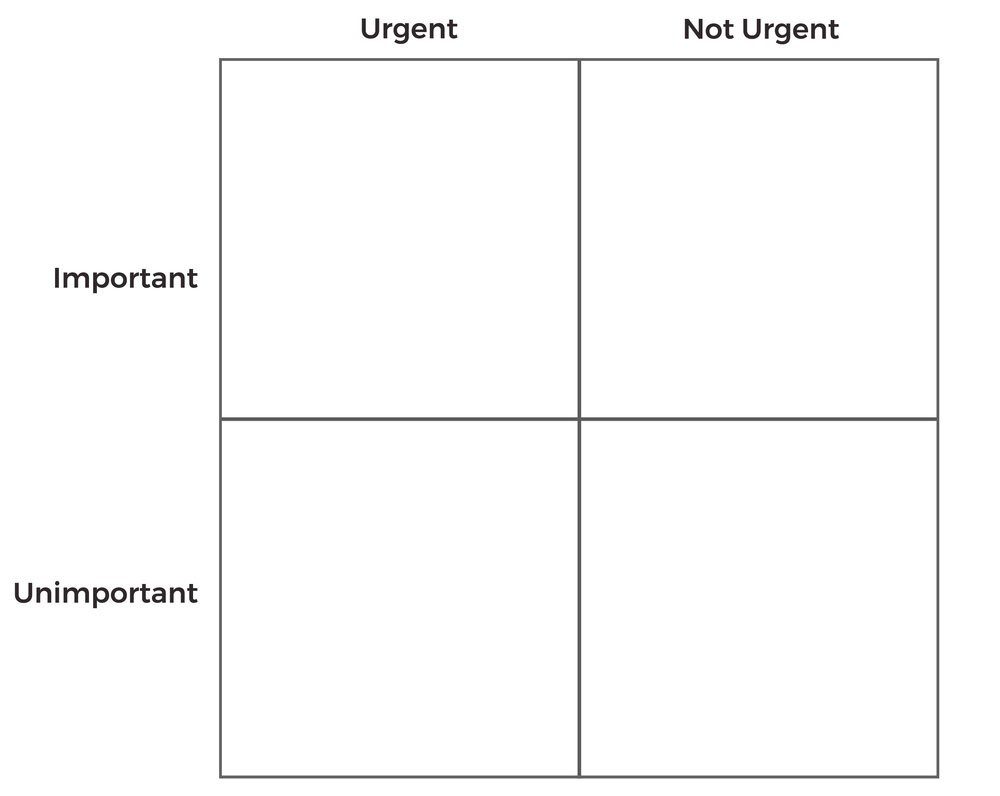
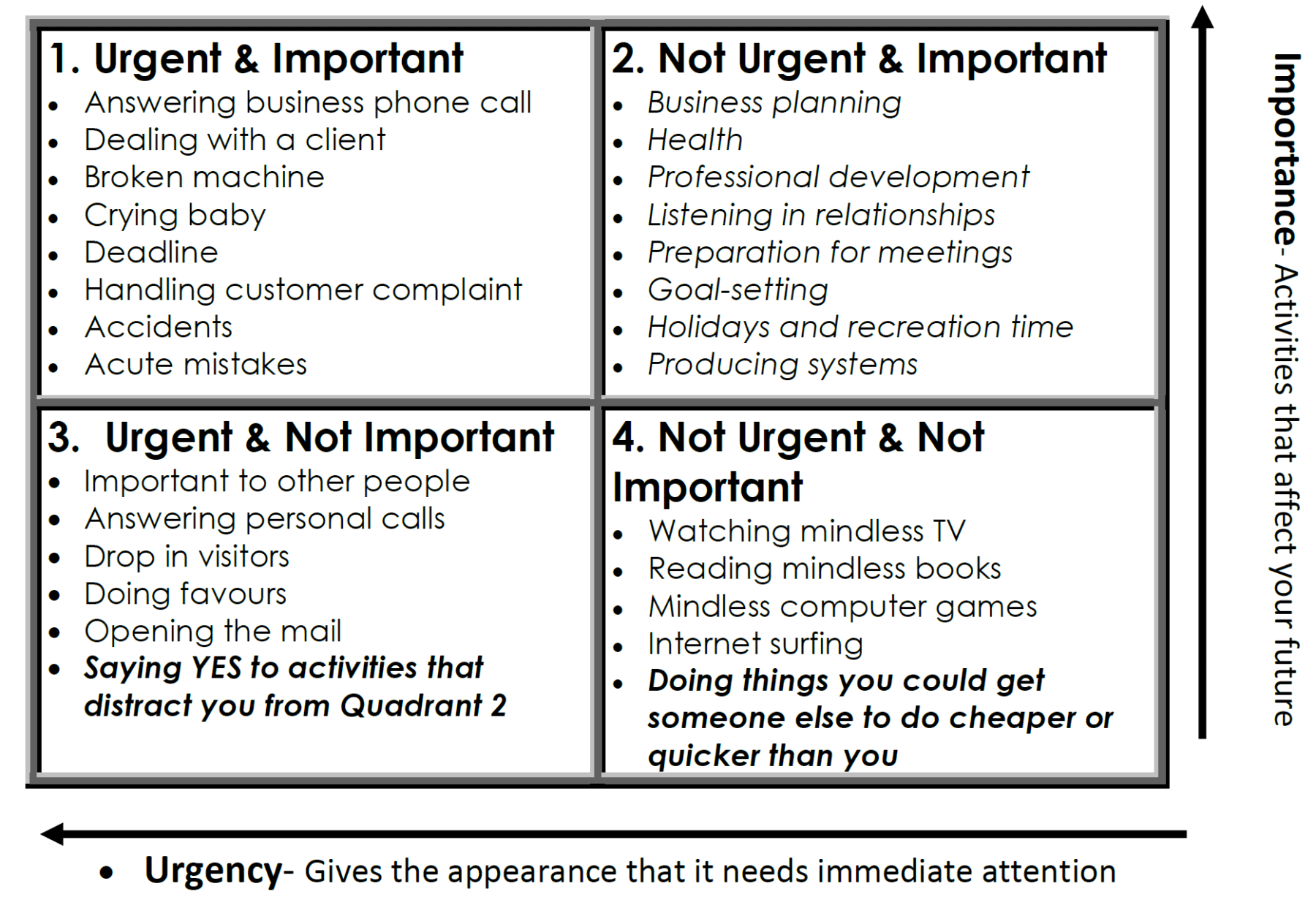
The lesson? It is tempting to spend time on things that aren’t urgent or important, because they aren’t necessarily “bad things” to do; they just won’t get to the heart of what will make you happy. For our job seekers, this exercise invites them to evaluate their priorities and discern if the things they spend their time and energy on are getting them closer to their goals in life.
“Your family is vitally important. Your friends are vitally important. But what do YOU really want for your life?” Ms. Vicki asks the class. And one final time, everyone takes out their pen and paper, makes a list, and circles the top two things they want most for their life.
“How bad is your ‘want to’? By putting what you want on paper, you are 50% of the way there. Speak your life into existence,” she says to underscore that time management comes down to knowing who you are and what you truly want.
We hope this glimpse into our Time Management class inspires you to think about what makes you happiest, prioritize your day-to-day activities based on urgency and importance, and find the courage to build the grandest vision for your life.
Want to do the exercise yourself or share it with others? Download the Time Management Matrix.
Stay in touch! Send us an email at info@caraplus.org and we’ll add you to our email list for more resources and upcoming workforce development offerings.
